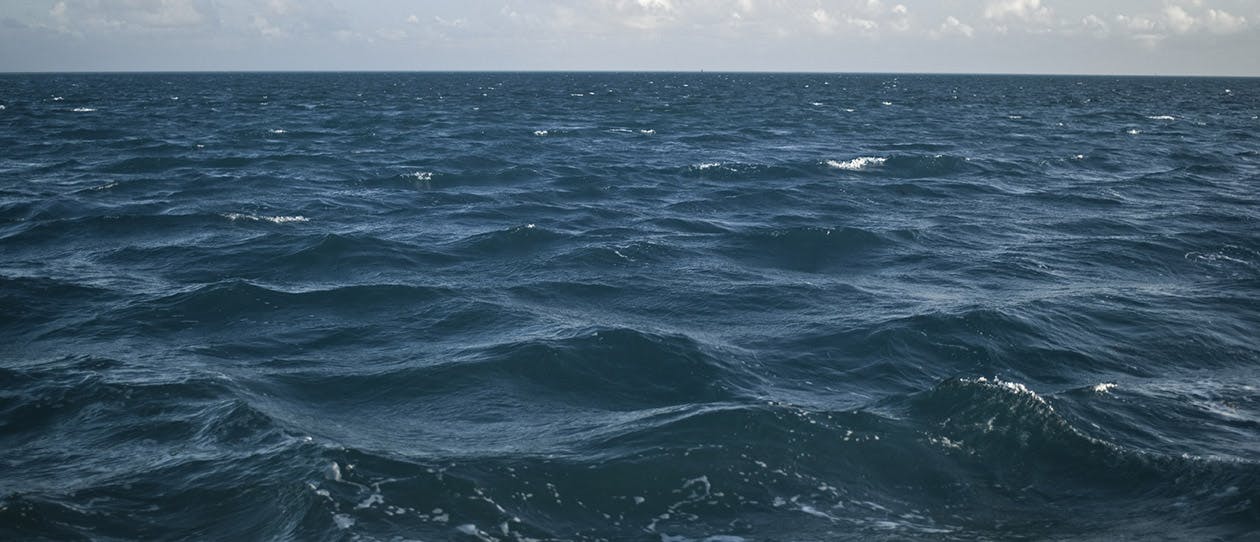
- Health hub/
- Tips & Advice on Improving your Energy Levels/
- Ocean swimming: summer's competitive sport


Q. Should I adjust my stroke when swimming in the open water?
A. Conditions in the open water can vary, but no matter what's happening with the wind or waves, it will help to make a few minor stroke adjustments. Improving the quality of your stroke can make a massive difference to your performance and enjoyment of ocean swimming. Try to use a wider stroke with your arms, which helps with stability, and also utilises the larger muscles in your upper back. Kicking is also important for stability by helping maintain a better body position in uneven water. You could also seek out help from a seasoned ocean swimmer or swim coach for advice and stroke correction.
Q. What training strategies should I use for ocean swimming?
A. Try to alternate your training sessions between steady state, lower intensity swims and interval training sessions. Interval training uses structured bursts of high intensity effort (in small tolerable doses) followed by recovery periods to dramatically boost the fitness increasing benefits of swimming. For example, swim two laps of freestyle as fast as you possibly can (or 50 strokes in the open water), followed by one or two very slow laps to catch your breath, then repeat several times. As your fitness improves, increase the interval intensity or duration, and reduce your rest period. Swimming at different paces also allows you to focus on both technique (slow pace) and fitness (fast pace).
Q. Is it beneficial to use flippers in training?
A. Flippers can help to build up your endurance if you use them sparingly. Flippers allow you to focus on improving your upper body technique without wearing yourself out too quickly, because you don't have to worry about your kick. In addition, flippers offer variety and move you through the water faster, which can offer a psychological boost and make your training more interesting. As your stroke improves and your endurance builds, get used to kicking without flippers. Practice keeping your legs taught and your feet flexible when kicking, using your powerful gluteal muscles to turn your feet into natural flippers.
Q. Can I still train in a pool for an ocean race?
A. Although you could do the majority of your training in the pool, it would be beneficial to spend some time practicing in the open water. There's no other way to get used to the variable conditions of the surf than to swim in the open sea. If you just leave it to the big race, you will find it harder to adapt to the chop, wind and waves. Aim for at least one day each week to better prepare yourself for the unpredictable conditions you may be confronted with.
Q. What should I eat and drink in the lead up to the race?
A. Your lunch and dinner on the day before the race should be high in low GI carbohydrates to maximise your stores of glucose (known as glycogen). Pasta is an obvious choice, but other low GI carbohydrates are found in beans, lentils, whole grains (oats, brown rice, rye bread) and vegetables. On race day, drink plenty of water and eat breakfast at least two hours before the race. Include foods that are both low and high GI for extra energy, such as multigrain toast with jam or honey, fruit smoothies or cereal bars. Experiment with different foods and drinks to see what works best during training so you have a well established routine for race day.
Q. How long should I train for before attempting an ocean swim?
A. No matter how long you have to prepare, it's vital that you can complete the distance of your race. It's safer if you can complete the distance without stopping, although a short rest is OK. Ideally, give yourself 8-12 weeks of consistent training (3 – 5 days each week) to boost your stamina and condition yourself for an ocean swim. If you are capable of completing the distance but don't have that long to prepare, you could still compete, but you will need to take things a little easier, and lower your expectations on race day.
With these tips from Andrew in mind, you can enjoy a ‘summer-ful' of challenging and rewarding ocean swimming.




